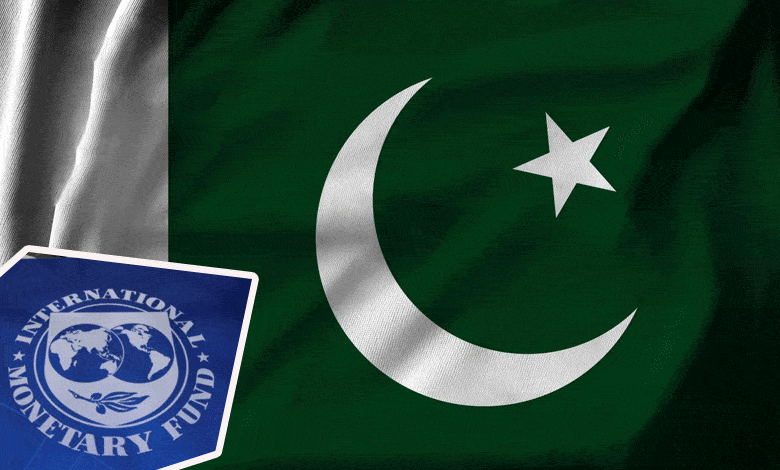Critical IMF Inspection: Will Pakistan Meet the Demands for Anti-Corruption Reforms?
The International Monetary Fund (IMF) has launched a mission to review the judicial and regulatory systems of Pakistan as part of the ongoing $7 billion Extended Fund Facility (EFF). This inspection is focused on addressing governance and corruption vulnerabilities within the country’s key institutions.

Islamabad: The International Monetary Fund (IMF) has launched a mission to review the judicial and regulatory systems of Pakistan as part of the ongoing $7 billion Extended Fund Facility (EFF). This inspection is focused on addressing governance and corruption vulnerabilities within the country’s key institutions. The Ministry of Finance confirmed the arrival of an IMF technical mission for a week-long evaluation of six crucial governance-related sectors.
Table of Contents
Pakistan’s Commitment to Strengthening Governance
In October, Pakistan committed to enhancing its institutional capacities to combat corruption, promote inclusive growth, and create a fair environment for businesses and investments. The Ministry of Finance revealed that a structural benchmark had been established, mandating the publication of a Governance and Corruption Diagnostic Assessment (GCDA) report by July 2025. The report will analyze critical governance and corruption vulnerabilities and propose essential reforms.
IMF Mission to Engage with Key Judicial and Financial Bodies
As part of its review, the IMF mission will engage with members of Pakistan’s superior judiciary, as well as the leadership of financial, revenue, and electoral bodies. The team will examine the severity of corruption vulnerabilities across six key state functions: fiscal governance, central bank operations, financial sector oversight, market regulation, the rule of law, and anti-money laundering efforts.
The IMF mission will also engage with key institutions such as the Finance Division, the Federal Board of Revenue, the State Bank of Pakistan, the Securities and Exchange Commission of Pakistan, the Election Commission of Pakistan, and the Ministry of Law and Justice.
Key Recommendations and Structural Reforms Ahead
The GCDA report will recommend actions to address corruption vulnerabilities, strengthen governance, and improve transparency. These recommendations are expected to assist the Pakistani government in implementing reforms aimed at promoting integrity, improving public sector accountability, and fostering sustainable economic growth.
The finance ministry noted that the IMF has long provided technical assistance to improve governance, transparency, and accountability in the public sector. While the IMF has traditionally focused on macroeconomic stability, inflation control, and market reforms, the organization recognizes the need for broader institutional reforms to build private sector confidence and ensure long-term growth.
Also Read: Bangladesh Election Commissioner Pledges Neutrality Amid Election Tensions
IMF’s Ongoing Global Efforts on Governance
Since adopting its economic governance policy in 1997, the IMF has taken steps to address governance issues in its member countries. In 2018, the IMF introduced a new framework for enhanced engagement on governance, focusing on systematic, candid, and evenhanded dialogues regarding governance vulnerabilities. Under this policy, the IMF conducts GCDA reports, which analyze corruption risks and recommend strategies for strengthening governance.
Pakistan’s Commitment to Legislative Amendments
As part of its commitment to tackling corruption, Pakistan has also pledged to publish the complete UN Convention against Corruption Review Report once the review process concludes. The government has committed to considering legislative amendments, subject to Supreme Court clearance, to strengthen the National Accountability Bureau (NAB) Ordinance, enhancing NAB’s independence and effectiveness in combating corruption.
Additionally, the government has outlined plans to amend the Civil Servants Act 1973 by February 2025. This amendment will require high-level public officials to digitally file asset declarations, making them publicly accessible with safeguards to protect personal data.

The IMF mission’s evaluation and the subsequent recommendations are crucial in Pakistan’s ongoing efforts to improve governance, reduce corruption, and foster a more robust economic environment for sustainable growth.
